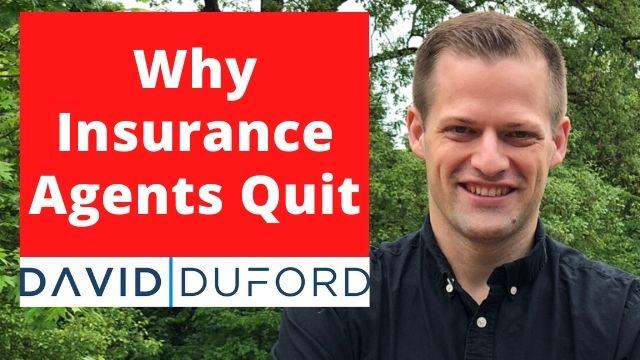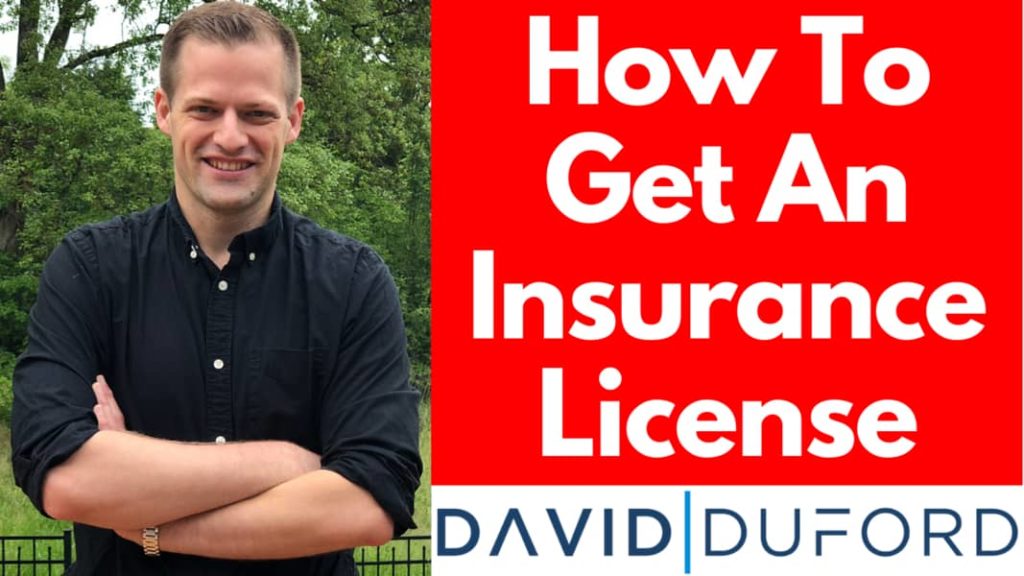If you’re thinking about selling insurance in Florida and would like to know more about the differences between a 2-20 and a 4-40 insurance license, you’ve found the right article.
Today, I will describe the differences between a Florida insurance license 2-20 and 4-40, so you can better understand which type you should get.
Let’s begin!
NOTE: Are you interested in selling insurance as a business? Yes, then check out my Free Insurance Agent Resource Guide to find out more.
Quick Navigation Article Links
Florida Insurance Licenses
When you work as an agent for a Florida insurance agency, you are required to have a license.
Florida makes a distinction between two types of insurance agents:
-
- 2-20 General Lines Agents sell insurance and operate insurance agencies
-
- 4-40 Customer Service Representatives work under the direction of 2-20 agents, assisting in the sales and operation of the business.
The Florida Department of Financial Services (FLDFS) offers several types of licenses for Florida residents. The major resident licenses include 2-20 or the General Lines Agent license and 4-40 or the Customer Service Representative license.
To be eligible for either license, you must be:
-
- At least 18 years old
-
- A resident of Florida, and
-
- A US citizen or legal alien with a work authorization from the US Immigration and Naturalization Services.
Coursework, experience, or a combination of the two, as well as a state exam and fingerprinting, are also required.
2-20 License
The 2-20 license is the broadest property-casualty agent’s license in Florida. It allows agents who have been appointed by an insurance company to sell property, casualty, surety, health, marine, and miscellaneous lines of insurance. A licensed agent can also open an independent insurance agency and appoint a 4-40 Customer Service Representative.
Although this is primarily a property-casualty license, it includes qualification for health insurance. This means that if you have a 2-20 license and obtain an appointment from a health insurance carrier, FLDFS will automatically issue you with a 2-40 health license.
There are several ways to qualify for a 2-20 license:
-
- Complete a 200-hour licensing course from an approved school and pass the state exam
-
- Have one year or more of relevant insurance experience within the past four years or complete at least 15 semester hours of property-casualty courses to waive taking the 200-hour course, and pass the state exam, or
-
- Have the Certified Property-Casualty Underwriter (CPCU) designation, which waives taking the exam.
4-40 License
The 4-40 license is meant for agents who work under the authority of a 2-20 supervising agent. It is designed for customer service representatives who don’t sell policies but discuss coverage with clients and provide general assistance to agents. This type of license is limited to personal auto insurance.
A 4-40 license is only valid if you are employed by one agent or agency at a time. It’s designed for salaried employees of insurance agencies and not those earning commissions from sales.
To qualify for a 4-40 license, you need to either:
-
- Complete a 100-hour licensing course from an approved school within the past two years and pass the state exam
-
- Have six months of relevant insurance experience within the past two years or complete at least 15 semester hours of property-casualty courses to waive taking the 100-hour course, and pass the state exam, or
-
- Have designations such as the Chartered Property Casualty Underwriter (CPCU), Accredited Advisor in Insurance (AAI), or Certified Insurance Counselor (CIC) to waive taking the state exam.
If you have the 4-40 license, you can qualify for the 2-20 license by taking a special 40-hour qualification course and passing the state exam.
Conclusion
I hope you enjoyed this article and now better understand which insurance license best suits you in Florida.
If you’d like to learn more about how I’ve helped insurance agents sell final expense and Medicare both over the phone and face-to-face, you can find more information on my FAQ page.
Also, please feel free to check out my Free Insurance Agent Resource Guide. You’ll find more tips and advice about the industry and answers to questions you didn’t even know you had.
As always, thanks for reading!


January 03, 2023

January 03, 2023

January 03, 2023
